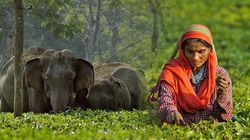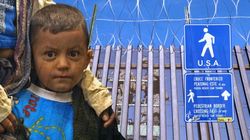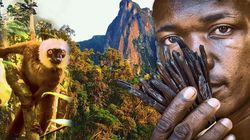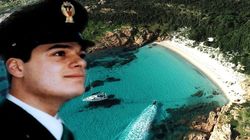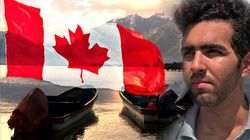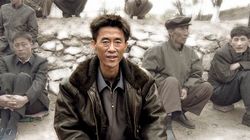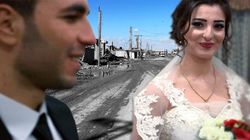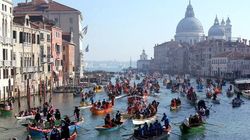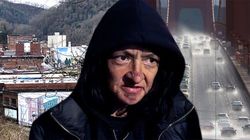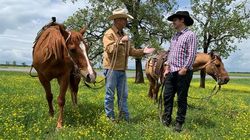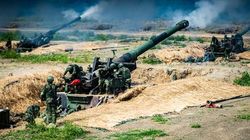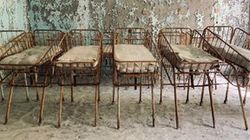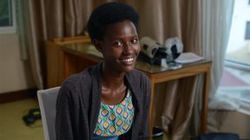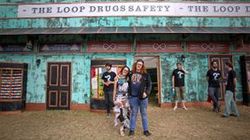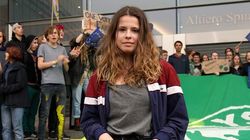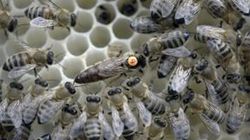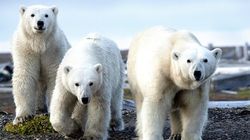Man v Wild
Episode: 2019-01-08 | Airdate: Jan 8, 2019
Man vs Wild – a vivid illustration of development colliding with nature.
In India's far east, wild elephants are in deadly, daily conflict with people. Siobhan Heanue follows the clashes as roaming herds get squeezed by shrinking forests and a growing human population.
Our Indian cameraman Gurmeet saw the attack as he fled…
"I saw a cloud of dust, one elephant charging over one man, and that man got under the feet of the elephant. We thought ‘this dude is dead'"
The man under the elephant was our local guide, Sanu. Amazingly he survived, with just a few scratches.
"My feet slipped… the elephant hit me. I'm lucky, or I'd be dead by now," Sanu explains to his wife. "Why were you such a show-off?" she snaps.
Danger is ever-present in Assam state in India's north east, where 6000 elephants live among 30 million people. The animals' forest habitat is being sliced up for new rice paddies, tea plantations, roads and villages. Their old migratory trails, up to 1000 kilometres long, are strewn with man-made obstacles.
So the big herds are hemmed in, with nowhere to go. They raid villages and crops for food. They kill and terrify local people. Last year in Assam state alone, elephants killed at least 64 people.
Elephants are sacred in India and evoke the image of the popular Hindu deity Ganesh. But patience is thin among farmers when entire rice harvests are destroyed.
"Yes, they're hungry but we're hungry too," says Sharayan Bodo, who guards his crop at night armed with a crude spear. "Lord Ganesh is a god, but elephants are not."
As correspondent Siobhan Heanue discovers, the elephants are taunted nearly everywhere they go as crowds of locals pelt them with rocks, firecrackers and shot pellets. Sometimes they move on, as intended. Sometimes they attack.
"I'm still shaking from the noise and ferocity of something that big coming towards you," says Heanue, after fleeing an angry female elephant which had been separated from her calf.
"Due to the encounters with humans, the elephants have changed their behaviour," says conservationist and filmmaker Rita Banarji. "They are more aggressive than they used to be."
Despite the conflict and a recent fall in India's elephant population, Banarji is determinedly optimistic. She sees a "win-win situation" ahead and sets out how to strike a delicate balance between the needs of people and those of the giants that roam among them.



